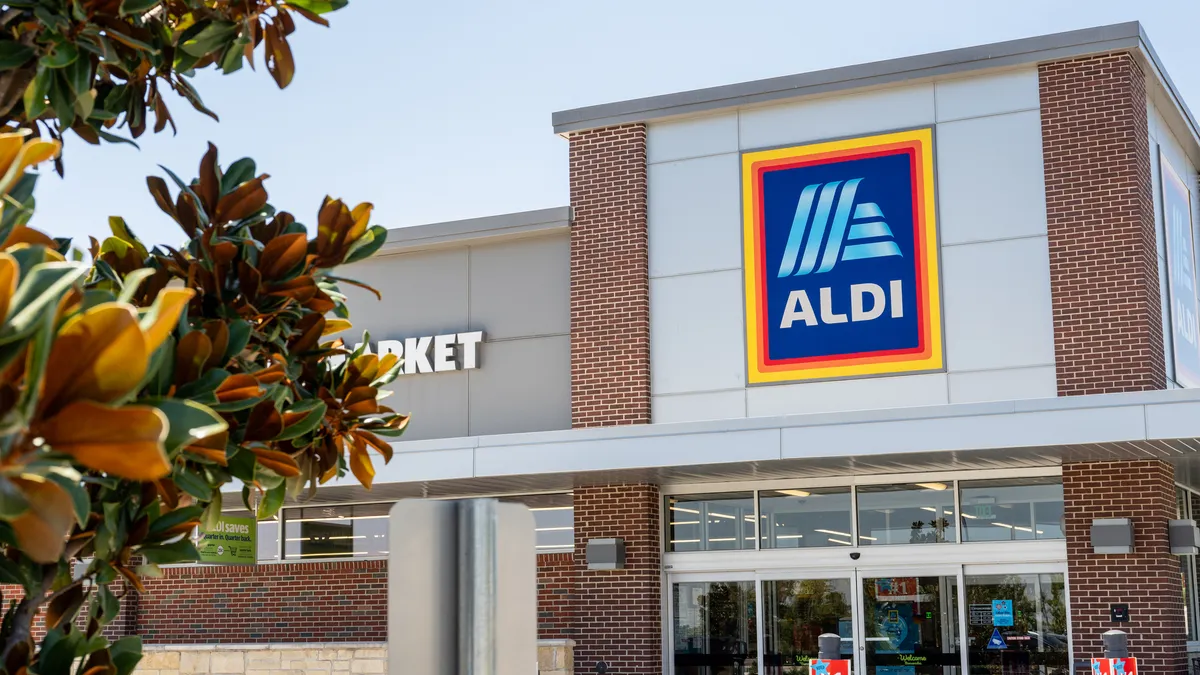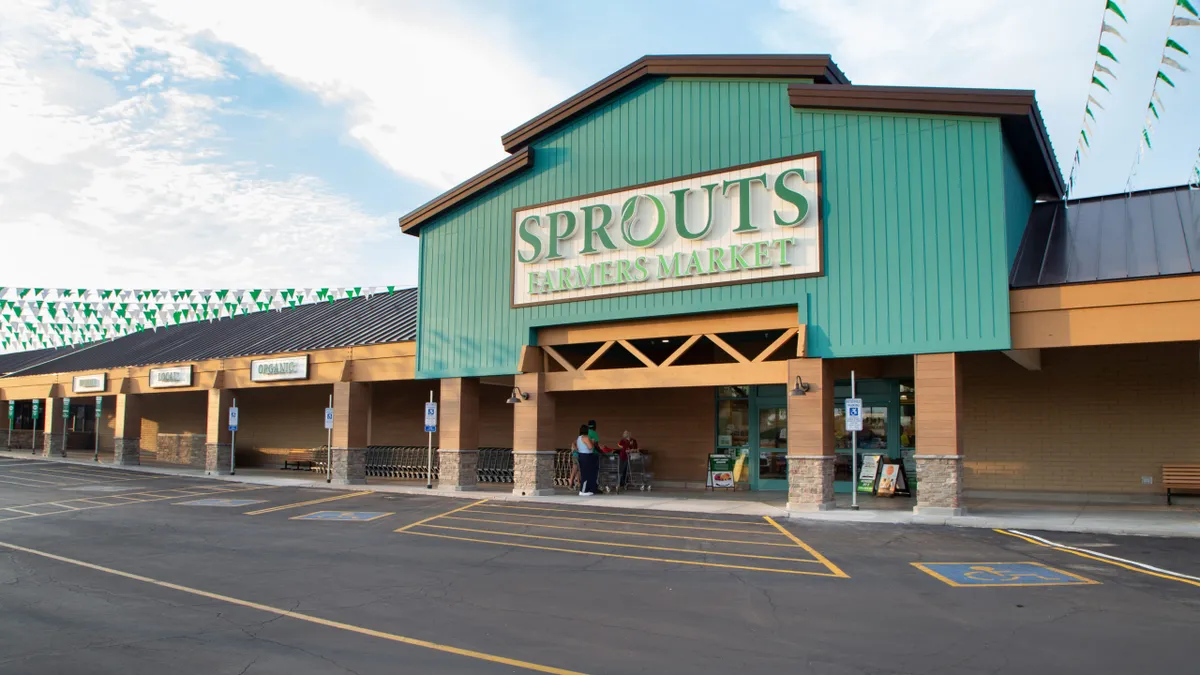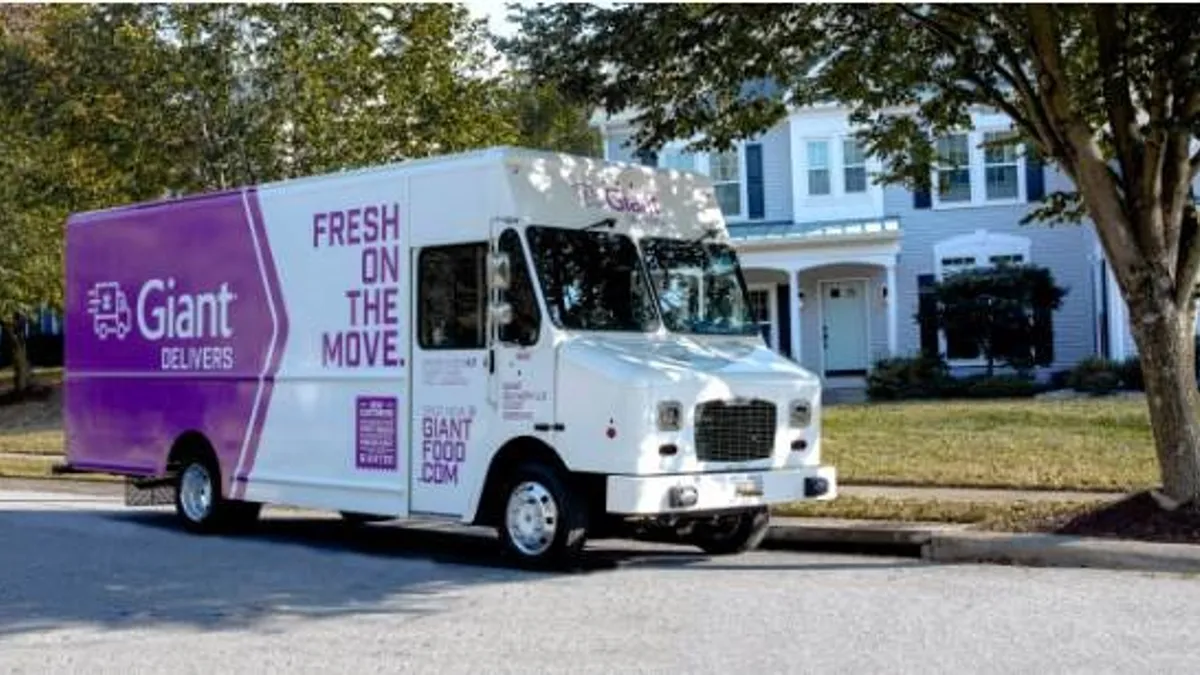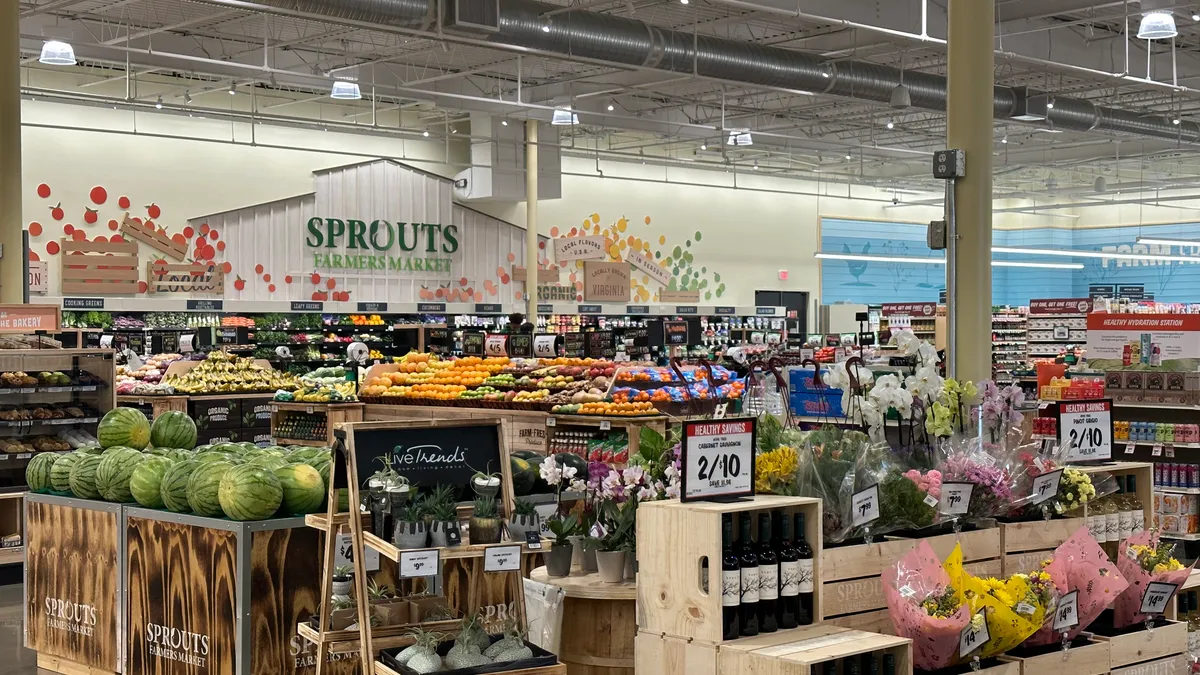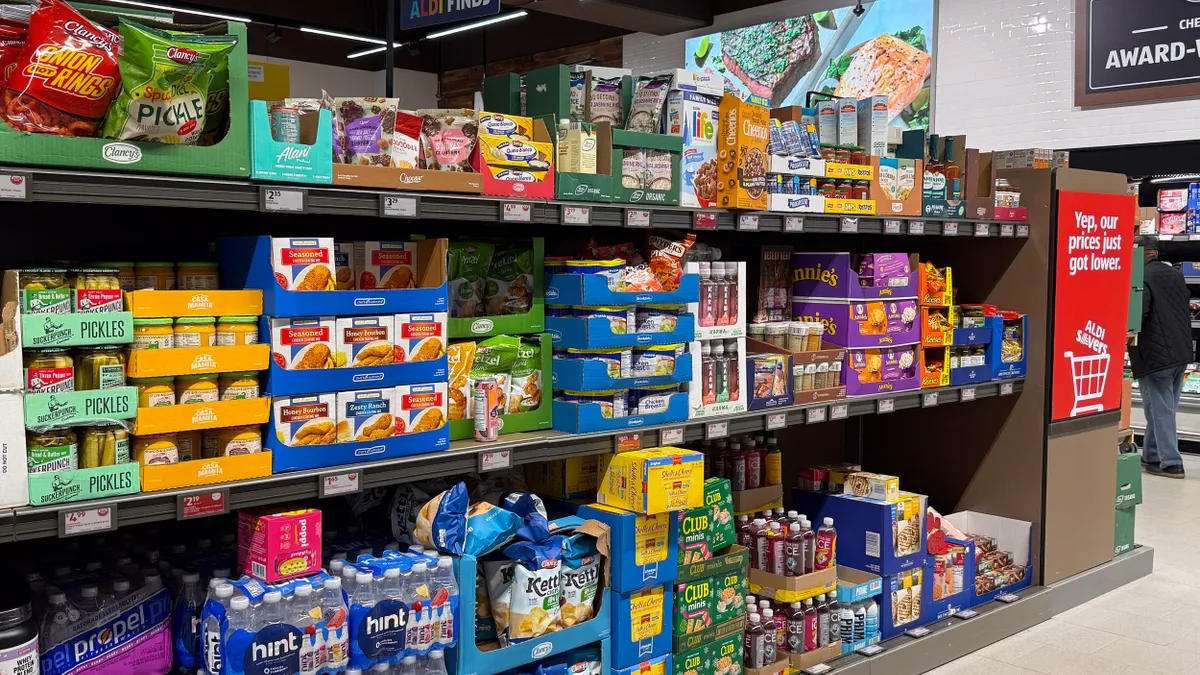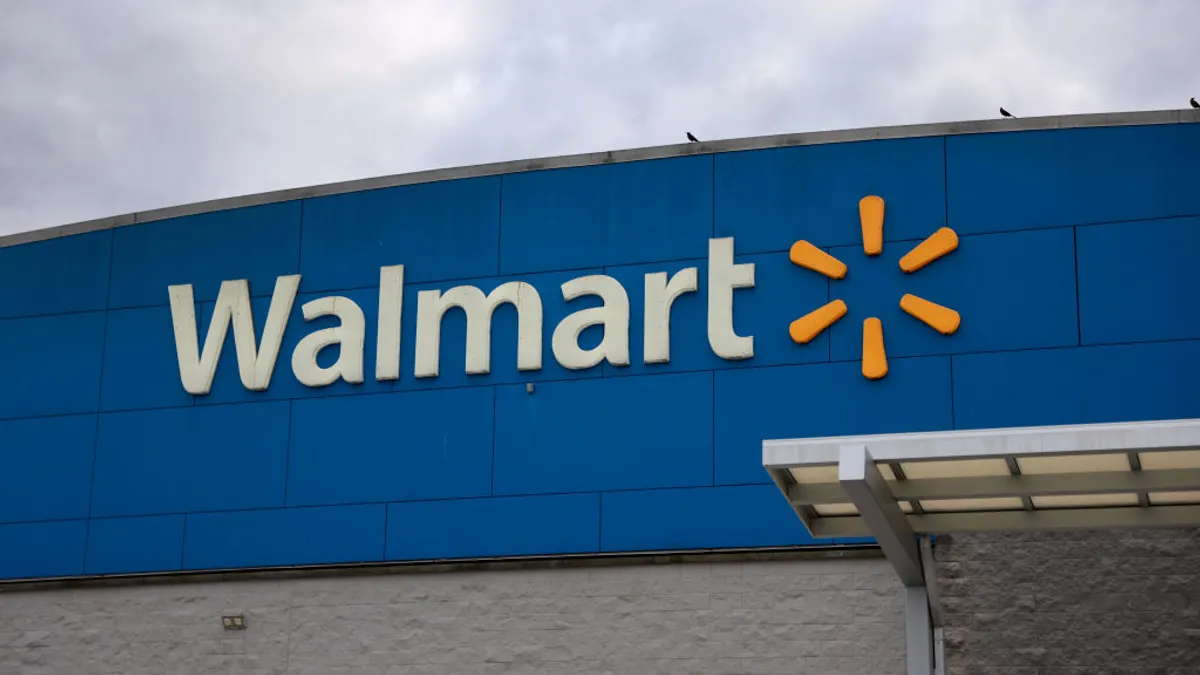With supply chains stretched and so many consumers struggling financially, some grocers have scaled back their pricing promotions and focused their marketing departments on developing reassuring and educational messages for customers.
But Kroger has not pulled back on its promotional strategy, CEO Rodney McMullen said during a company update last week, and has actually accelerated its outreach to new customers.
“We think it’s important for our customers to continue to have promotions,” he noted during the fireside chat with investment firm Evercore ISI. “There’s a lot of fear in our economy. There are a lot of people that are more concerned with their financial budget than normal. We believe that as long as we can keep our stores in stock and maintain support of our promotions, we think it’s very important to continue to do that.”
While some chains have pulled their store circulars, Kroger has continued to mail monthly personalized offers to shoppers. New customers who have recently come into Kroger stores as restaurants have closed and stock-up shopping has grown are now getting their personalized offers faster, McMullen said.
The only significant modification Kroger has made to its promotional strategy is to de-emphasize stock-up shopping and focus instead on individual items.
“In the past, we would’ve been aggressive users of '10 for $10' or 'buy five, save five,' those types of things. We have modified those offers,” McMullen said.
McMullen said that during a recent store visit, a customer told him she was glad to see the company’s yellow sale tags still affixed to shelves.
Still, he acknowledged that sales may change in the coming weeks as prices and supply fluctuate. The prices of eggs, meat and other items have increased in recent weeks, causing numerous retailers to raise prices — and consequently, draw the ire of consumers. Other retailers have chosen to take a loss in order to maintain pricing consistency.
Kroger has seen significant gains amid the tumult of the pandemic, with comparable-store sales up 30% in March, and is looking to keep the momentum going in the months ahead. The grocer is also leaning into e-commerce as more sales shift from stores to digital. It’s opening up additional pickup slots, staffing up picking and packing operations, waiving the $4.95 per order fee and communicating more with shoppers about the service.
“Every day basically we expand [e-commerce] capacity, and every day we sell out of that expanded capacity,” McMullen said.
Pre-coronavirus, questions lingered over Kroger’s online strategy, including its pricey tie-up with Ocado and its acquisition of Home Chef, which operates in the struggling meal kit space. But the pandemic may be turning the tide in Kroger’s favor. Home Chef is filling orders at full capacity, McMullen said, while Ocado’s massive automated sheds are looking like just what the company needs to fill large e-commerce orders.
Putting mini grocery departments in Walgreens stores — a pilot that launched in late 2018 and has expanded to more than three dozen stores — is also showing particular promise for Kroger right now.
“The downside is I wish we were a year further ahead in those partnerships given where we are today,” McMullen said. “But I’m even more excited about the partnerships given the environment we’re in.”
Kroger has a lot to talk about right now. But retailers and manufacturers have to be careful not to promise products and prices they can’t deliver, experts say. They also don’t want to be seen as trying to capitalize on a global catastrophe.
“We’re seeing retailers and brands both trying to both navigate the sensitivity of, ‘when’s the right time for me to start trying to do my job, and how do I do it in a way that doesn’t feel like I’m trying to take advantage of a bad situation?’” Adam May, chief growth officer at Insignia Systems, a digital and in-store marketing firm, told Grocery Dive.
As the pandemic shakes up retail, companies are trying to figure out how to best talk to their customers. Experts recently interviewed by Retail Dive said companies should focus on being helpful rather than transactional. They should also allow their employees to make genuine connections with customers.
Neil Saunders, managing director with GlobalData, recalled a recent trip to a Trader Joe’s in Scottsdale, Arizona, where a worker told customers lined up to “try to have fun once you get inside, this is still Trader Joe’s.”
“These are the brands that are really shining because actually that niceness, that dialogue, that interaction is so important,” Saunders told Retail Dive. “It's genuine and authentic customer service, and those retailers that weren't great about it before are going to stick out like a sore thumb."






